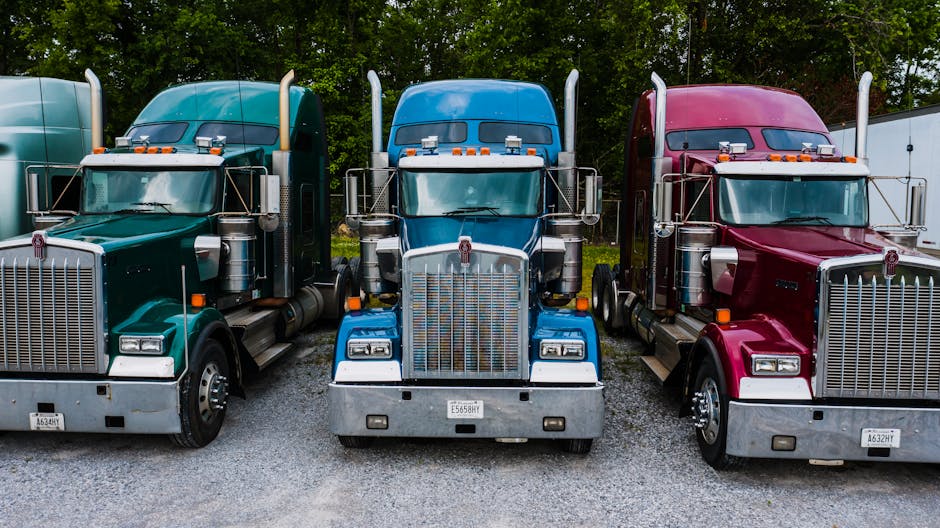 Understanding Bulk Water Hauling: Advantages, Challenges, and Best Practices
Understanding Bulk Water Hauling: Advantages, Challenges, and Best Practices
Bulk water transporting is a crucial solution that involves moving large quantities of water for numerous objectives. This approach is commonly utilized in building sites, farming settings, and areas experiencing water lacks. While it gives an important service to fulfill water demands, there are several variables included that stakeholders need to consider to make certain effective and sustainable techniques.
Among the key advantages of mass water transporting is its capability to give an immediate water supply to areas that may do not have sufficient sources. Building tasks typically need substantial quantities of water for mixing concrete, dirt control, and various other operations. Furthermore, farming procedures might need bulk water shipments to irrigate crops, particularly in drought-prone areas. This service is a crucial lifeline in position where water framework is underdeveloped or interrupted.
Nonetheless, bulk water hauling includes its collection of obstacles. One significant worry is the regulative atmosphere bordering water removal and transport. Regulations differ by region, and water haulers should comply with neighborhood regulations relating to water usage and environmental management. Furthermore, logistical concerns, such as course planning and the ability of delivery van, play a considerable function in maintaining prompt and efficient procedures. It is crucial for business taken part in bulk water hauling to browse these difficulties successfully to deliver trusted solutions.
To ensure best practices wholesale water carrying, companies need to focus on water quality and security. Regular monitoring of water resources is necessary to prevent contamination and ensure that the water meets health and wellness requirements. Additionally, using well-maintained equipment and adhering to correct loading and unloading treatments can significantly improve service dependability. Investing in modern technology, such as general practitioner tracking and automated scheduling, can additionally boost functional efficiency, allowing haulers to enhance routes and reduce expenses.
In conclusion, mass water transporting is a beneficial solution that can considerably profit numerous industries and areas, specifically in times of requirement. By understanding the benefits and challenges related to water transport, companies can better position themselves to fulfill the needs of their clients successfully. Through governing compliance, focusing on water quality, and embracing best techniques, the mass water carrying industry can add to sustainable water management and play an essential function in resolving water scarcity concerns.
3 Tips from Someone With Experience
The Ultimate Guide to